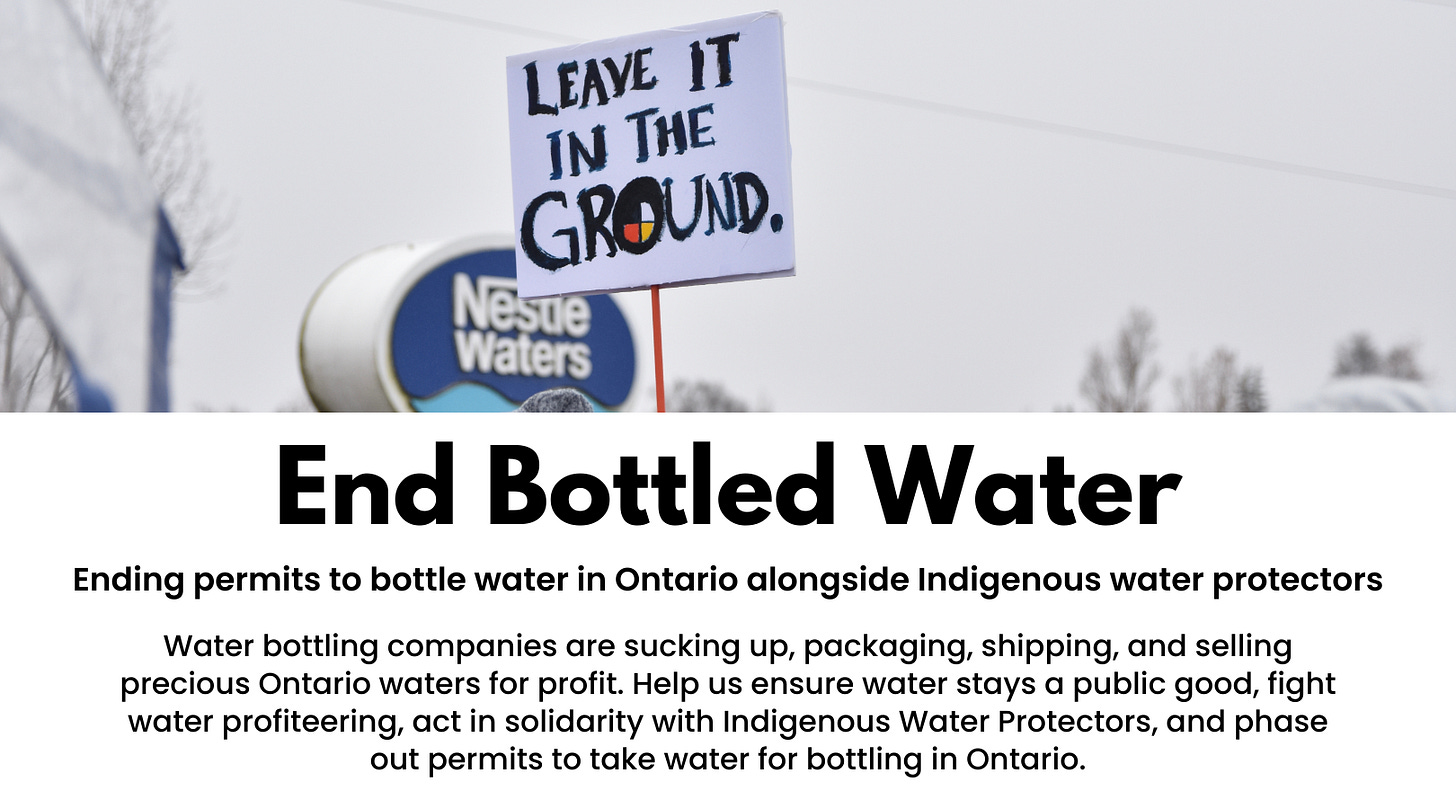Mike Schreiner, Leader of the Green Party of Ontario and MPP for Guelph Credit: Green Party website
Growing up on a farm, Mike Schreiner was instilled with a passion for protecting people, animals, and the planet. As Leader of the Ontario Greens since 2009, Mike’s constituents recognize him as a champion for climate action, income equality, and honest, transparent leadership.
Mike is active at Queen’s Park, working across party lines to be a strong advocate for climate action, local food and water initiatives, affordable housing, protecting Ontario’s frontline healthcare workers, small businesses, and mental health.
Prior to entering politics, Mike was a successful entrepreneur, small business owner, and one of the early advocates of the local food movement. He founded multiple initiatives including Local Food Plus, WOW Foods – or, Weekly Organic Wonders, which blows me away, because I was a weekly customer and had no idea Mike started it! — and EarthDance Organics to connect sustainable farmers with Ontario households.
Mike passed Ontario’s first Green law in 2019, which protects electric vehicle drivers by making it illegal to block EV charging stations.
Today’s conversation focuses on who owns the groundwater under Wellington County – specifically, in Elora, Hillsburgh (part of Erin township) and Aberfoyle (outside of Guelph) — what it’s being used for and where some of it is being shipped.
In April 2025, Centre Wellington township purchased the Elora well for a purported $1.8 million plus closing costs from Primo Brands a leading North American beverage company which distributes to every US state and across Canada. That purchase meant a local well and valuable source of groundwater was returned to the public commons.
The sale was made possible after it became clear that Primo would never be granted a permit to take water (PTTW) after Elora’s municipal government passed a number of resolutions including water is a public trust and that Centre Wellington was not a willing host community for water bottling purposes of any kind.
But what was truly unexpected was the very recent sale of Primo owned wells in Aberfoyle and Hillsburgh to White Wolf Property Management which now appears to hold the water-taking permits for the wells.
Those sales have been less than transparent and that’s concerning since White Wolf Property Management, owned by the Gott family located in Shelburne, ON, also owns Ice River with US offices in Allentown, Pennsylvania and Hialeah Gardens, Florida. And, once Ford fast tracks the renewal of the PTTW for Aberfoyle and Hillsburgh, Ice River will potentially control 85 to 99 per cent of Ontario’s bottled water takings.
Mike and I discuss the effect the sale of the Aberfoyle and Hillsburgh wells could have on water security and autonomy for the folks living in these towns that depend entirely on well water.
Credit: Water Watchers website
Water Watchers has been advocating for a moratorium on water bottling since 2007. These grassroots water protectors want the Ford government to end PTTW renewals for Primo’s Aberfoyle and Hillsburgh wells along with Aquaterra’s permit renewal for a well located at 5645 Trafalgar Rd. N, Hillsburgh in 2026. Aquaterra is a division of Primo Brands.
Water Watchers would like to see the provincial government step in, expropriate these wells and return them to the public commons because water is a human right and it is becoming increasingly scarce. Mike shares his views on this.
So far, Ontario’s water has been protected against bulk export to the US under the North American Free Trade Act, but things could change particularly when negotiating trade deals with the current Trump administration.
According to Dr. Rob Case, associate professor, social development studies at University of Waterloo, this is “very much” a public-private battle and he worries that the US government could make the argument that since large numbers of individual bottles of water are already being shipped to the US that fundamentally constitutes bulk export which could then be expanded.
Given the unpredictable behaviour of Trump, Mike discusses whether Ontarians, and Canadians, should be concerned about the exporting of their water by multinational corporations intent on increasing their profit margin.
Currently, in Wellington County, bottled water companies pay a fee of $503.71 for every million litres of groundwater they extract for bottling purposes. The fee was significantly increased from the previous rate of $3.71 per million litres, thanks to the efforts of Mike. However, that new rate established under the Wynne Liberals is still massively insufficient.
Consider the fact that ground water is often trucked from its source to centralized bottling plants. Cases of water are then trucked to retail outlets. Consumers purchase cases of bottled water and drive them home. Mike discusses the economic, infrastructure and health impacts that processing and shipping bottled water has on local communities while questioning why these multinational corporations are heavily subsidized by tax payers who ultimately own the water that is sold for prices that far exceed the cost of gasoline.
According to Optimum Water Solutions based in Pittsburg, PA, a 20-ounce bottle of water costs approximately $1.50 US/$2.06 Cdn. That means, bottled water costs approximately $9.60 US/$13.19 Cdn per US gallon. A US gallon is approximately 3.8 liters, while an Imperial gallon is 4.5 liters. But, you get the idea, that’s damn expensive!
Mike addresses the fact that local groundwater is being bottled and shipped outside of the watershed while over 91 per cent of households on Six Nations of the Grand River, located near Wellington County, have no access to clean potable water. Instead, many households spend upwards of $2,500 annually buying bottled water.
First Nations water activists (L to R) Professor Dawn Martin-Hill, Layla Staats, Makasa Looking Horse and Wassekom Niin Credit: Water Watchers website
The Six Nations Iroquois Confederacy Council of the Grand River Territory and the Haudenosaunee Confederacy delivered a cease-and-desist order to Nestlé Waters Canada in 2019. The order demanded the multinational corporation stop taking 3.6 million litres of water per day from their lands which are covered by the Haldimand Proclamation and the 1701 Nanfan Treaty.
Nestlé, and subsequently BlueTriton, ignored the order. Meanwhile, the Ontario Ministry of Environment, Conservation and Parks renewed the PTTW until 2026 for the Hillsburgh and Aberfoyle wells that BlueTriton eventually sold to Primo who in turn sold them to White Wolf Propery Management.
Mike suggests viable, long-term, sustainable alternatives to profit driven bottled water including returning the Aberfoyle and Hillsburgh wells to the public commons for the public good.
*Monday’s article will address Ford’s changes to the permitting process that include ending public consultations and written submissions. There will also be an action for readers to take.
Thanks to everyone who read today’s article and listened to my podcast. With your financial support, a little Nicoll can make a lot of change.
Music: Real Estate by UNIVERSFIELD is licensed under a Attribution 4.0 International License. freemusicarchive.org.
*Be sure to download the Substack app to get the most from your podcast experience.














Share this post